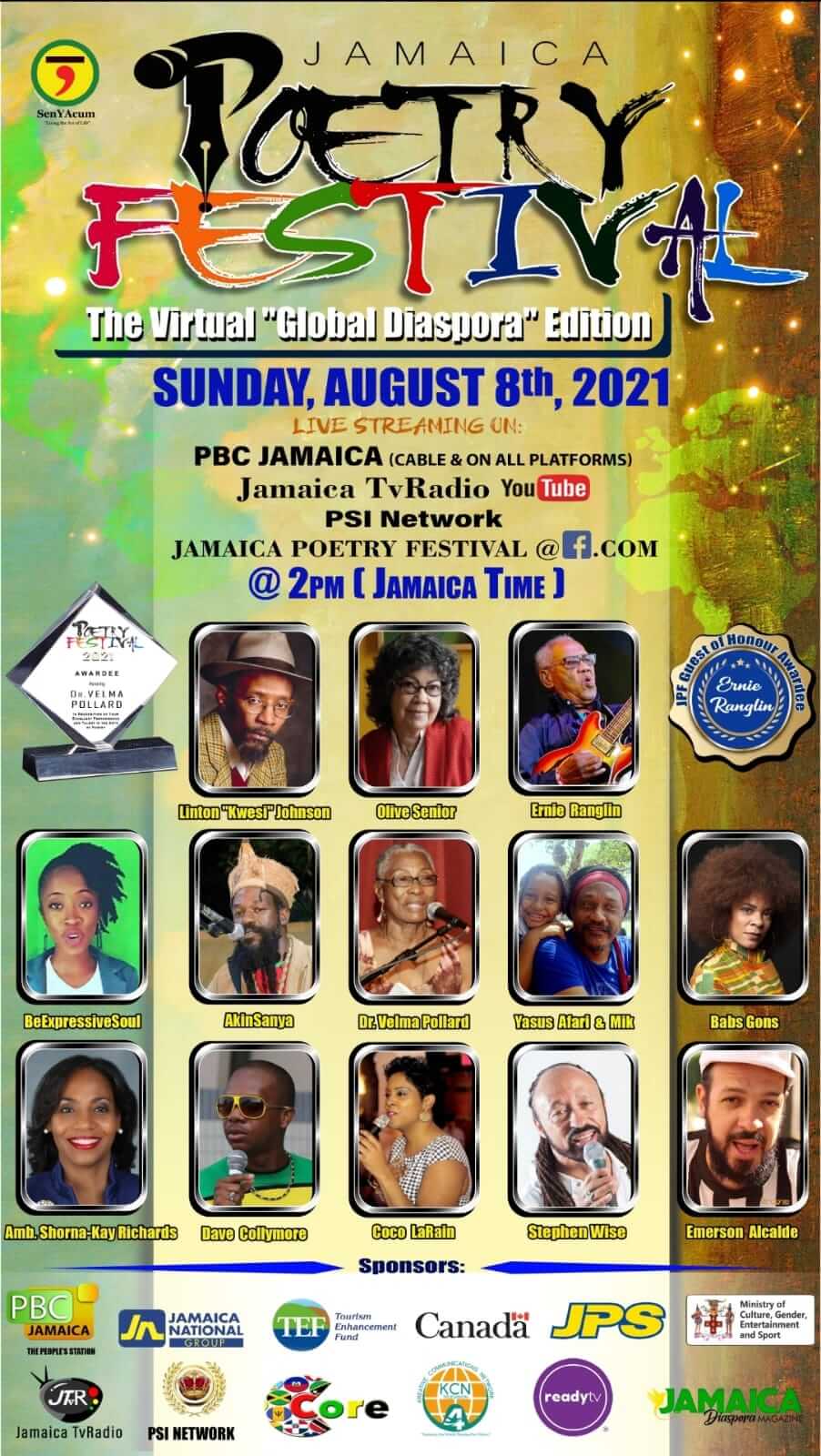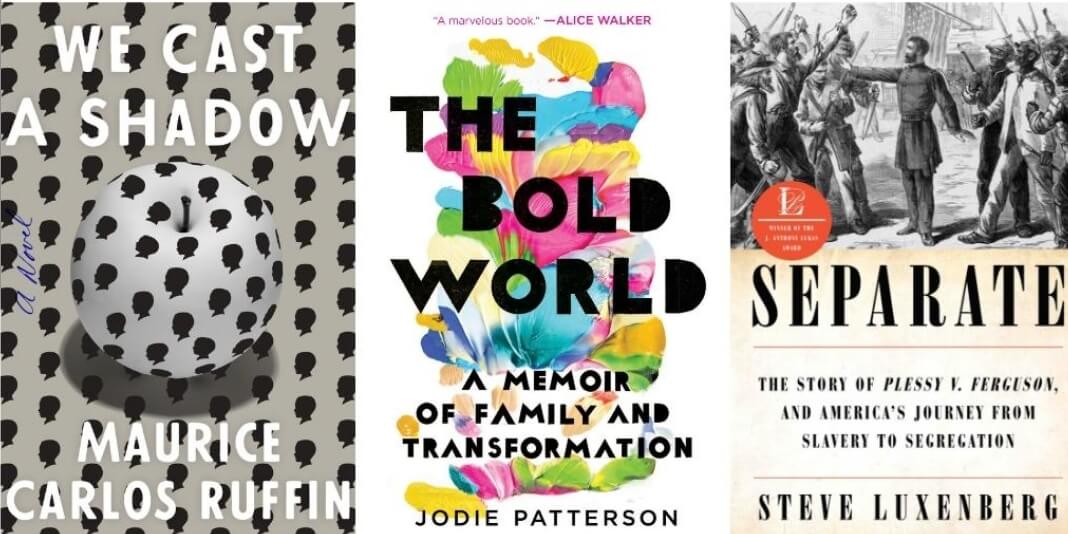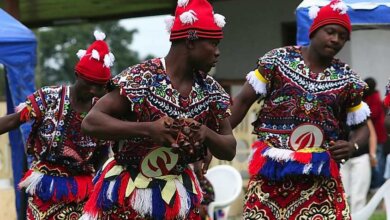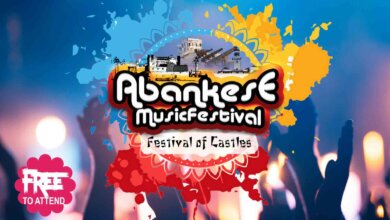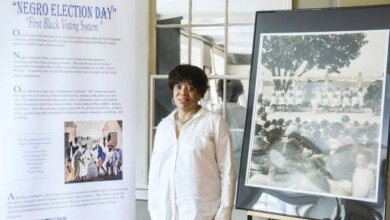Where are our Local Language Literature Books?
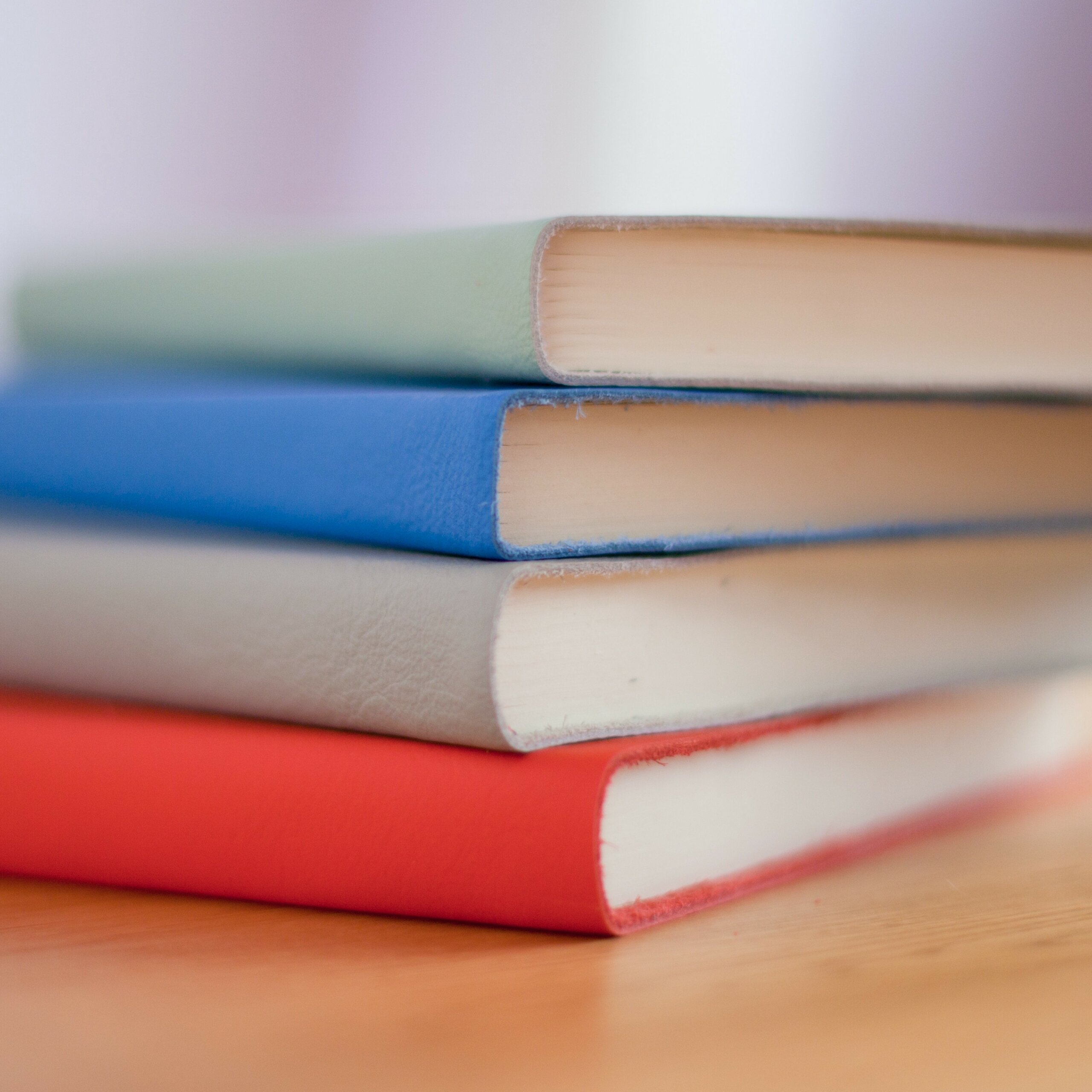
Itis absolutely horrendous and shameful that (antique) local language literature books have virtually become extinct in Ghana. Growing up, my siblings and I read a lot of these books, specifically Akan literature books including Mpuasa Ntiamoah, Guasohantan, ɔsabarima, Obeede, Aku Sika, Yaw Donkɔ, Merehua among others. These books were not only entertaining but also didactic as they taught a lot of morals, as well as helped us understand our cultural heritage and history. Guasohantan for instance advises against extravagance and arrogance while advocating humility. ɔsabarima is a play that recounts the Akuapem and Akwamu war. The story reaffirms how pride goes before a fall. Mpuasa Ntiamoah is a play interspersed with humour and wit. It points out that the enemy within is more dangerous than the one without.
Driven by nostalgia, there have been times when one has felt a desire to read some of these books one more time. I recall when I wrote an essay on some books (including some of the aforementioned) and posted it online, I received messages from Ghanaians (in and outside the country) who wanted to know if I knew where they could access these books. They explained they had read them years ago and would love to reread them. I told them I was also in search of these books and would update them if I found some. Unfortunately, even popular bookshops do not have these books. Sometimes even the book sellers and bookshop clerks have not even heard of these books before.
One time my brother wanted to read a local language literature book titled, Anafranaku. He had read it years ago and wanted to reread it. I hadn’t read it and therefore looked forward to reading it since he spoke so highly of it. We roamed through bookshops and contacted several book sellers but even the title seemed like Greek to them. Similarly, just last year (2019) I went to some popular bookshops to look for some of these local language literature books and most of them were not available. Some book sellers in Accra took my list to see if they had them; unfortunately they didn’t. But I was not about to give up.

So I proceeded to the Bureau of Ghana Languages (BGL). The BGL is the publisher for most of these local language literature books but sadly it didn’t have most of them. It had just a few: Guasohantan, Aku Sika, ɔbabɔne dane and just about a few more in other local languages. The other books on my list were no longer in print and I was told that BGL neither had soft copies of them. In fact the Bureau didn’t even have the said books on the master list that I was provided with. So unless someone has some of these books in their private collection, they are lost forever.
Nevertheless, as sad as it sounded, the person who attended to me at the Bureau gave me a ray of hope when he told me that the Bureau was in the process of digitizing these books. He indicated that these will be made available for sale on a website BGL was building; just like Amazon. I thought that was amazing and came to share the good news with my family and friends. But alas! After almost a year of my visit to BGL, the said website has still not been launched and the situation described earlier keeps getting worse.
Just this week, my cousin went to town in search of Akanfoɔ Anwensɛm. After combing through bookshops in Accra, she came back home empty-handed. This is a recommended book for the students of an institution so I’m wondering how the teacher will handle this since the book is even not on the market.
So what is the way forward? The answer, I believe, lies with BGL since it is the publisher of these books. The Bureau’s initial idea to digitize local language literature books is fantastic and should not be discarded; it should be carried out. There are a lot of people out there like me who would love to read these books, whose contributions to our lives have been invaluable. As noted earlier, these books will not only entertain but also educate, and enlighten us on our history and culture. The books will also be a great conduit for perpetuating our local languages.
Source: medium.com
Christopher Sam is a savvy web designer and developer with advanced knowledge in Search Engine Optimization. The certified Google Trainer is also a trusty contributor to this website.

